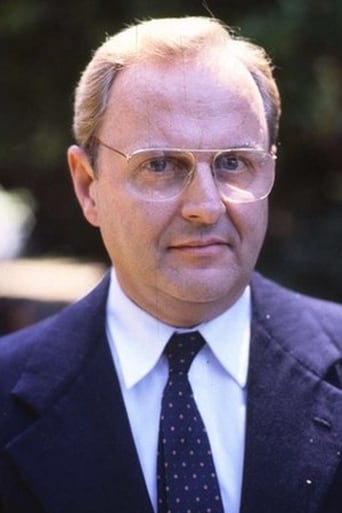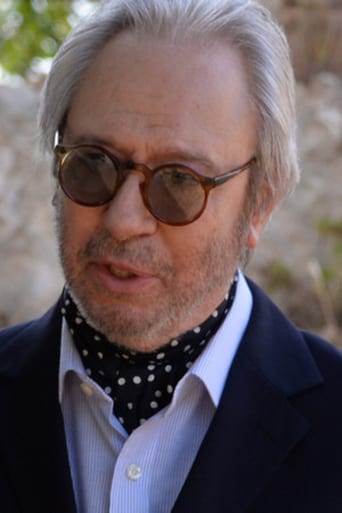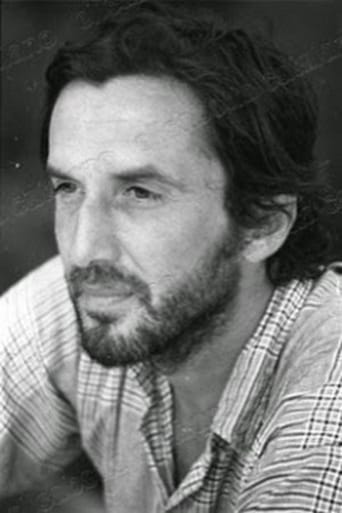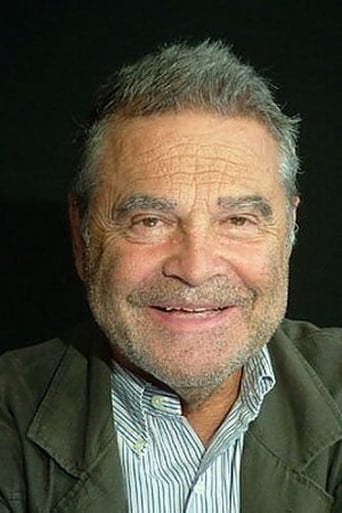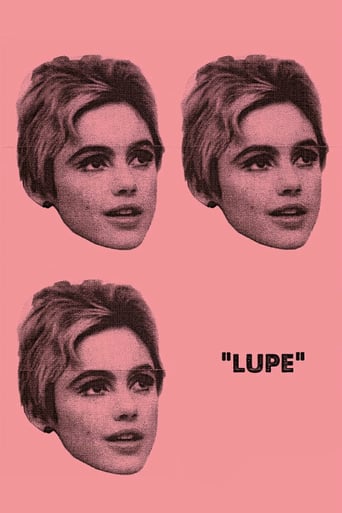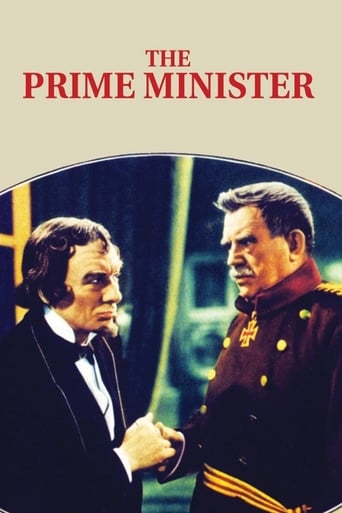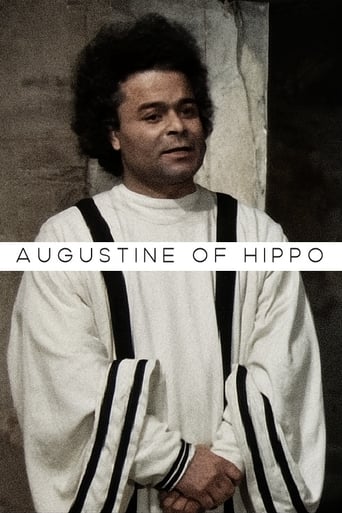
Augustine of Hippo
October. 25,1972A biography of St. Augustine as he enters the episcopacy and deals with heresy and the decline of the Western Roman Empire.
Similar titles


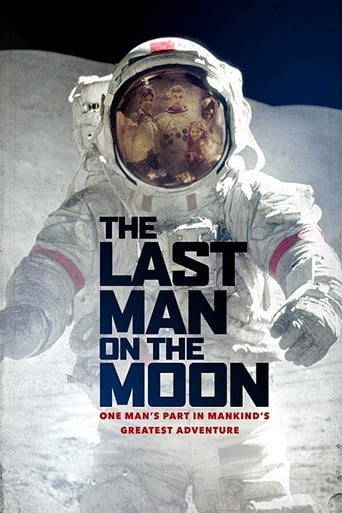
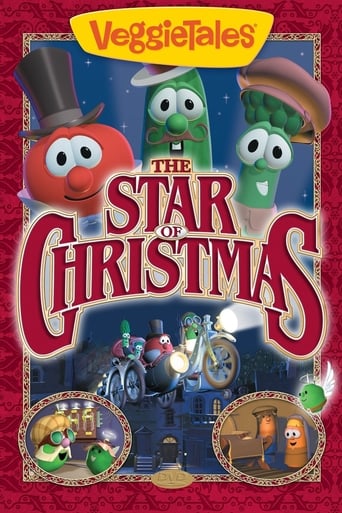
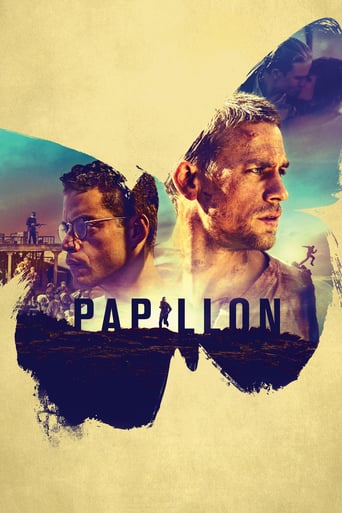
You May Also Like
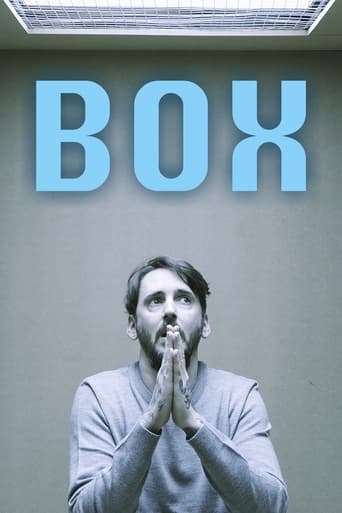
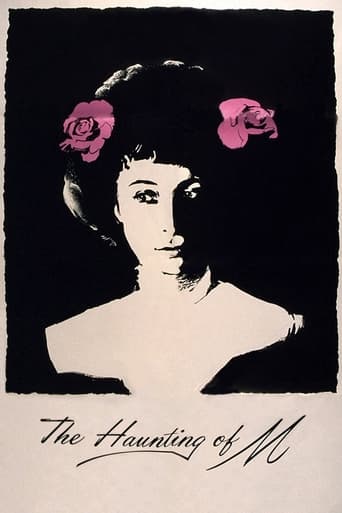
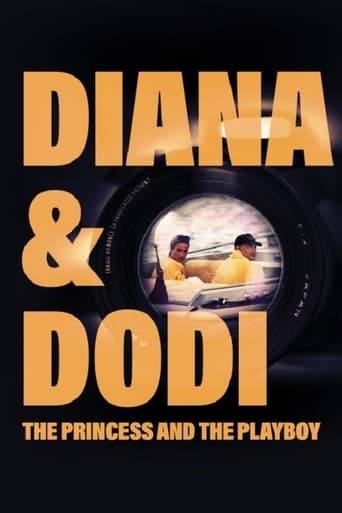
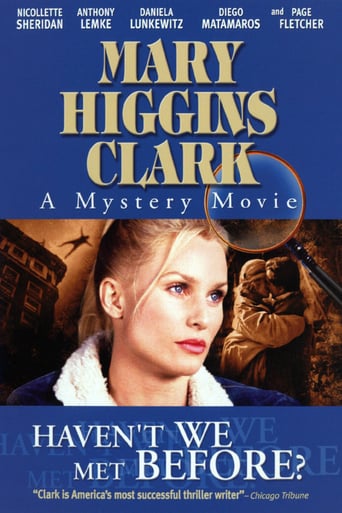
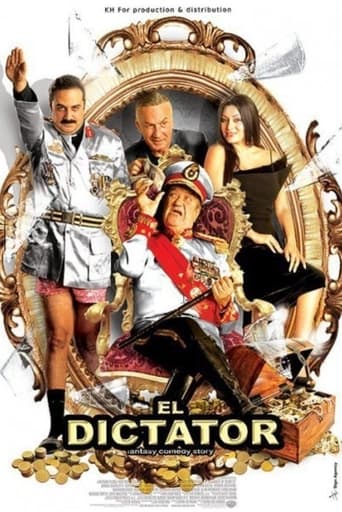
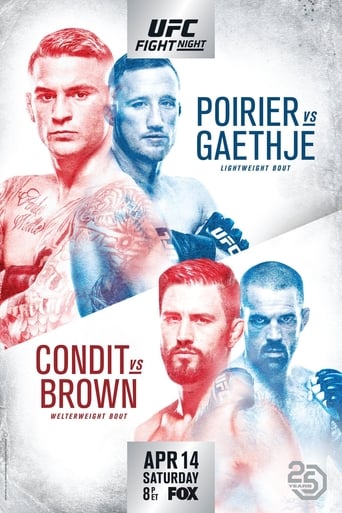
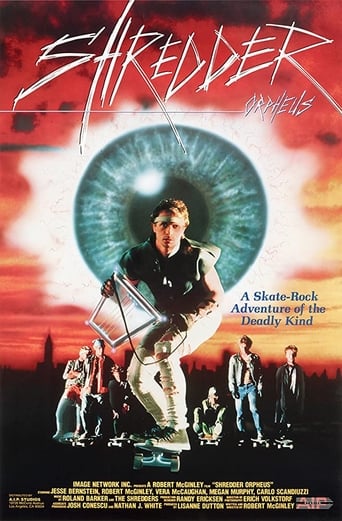
Reviews
I love this movie so much
Fresh and Exciting
The film never slows down or bores, plunging from one harrowing sequence to the next.
It's simply great fun, a winsome film and an occasionally over-the-top luxury fantasy that never flags.
I come to Rossellini's portrait films incidentally after puzzling for several months over the ways we devise to push against our limits of sense, the notions and models we construct to expand understanding. It isn't an academic interest; the quest is for clarity over the difficult questions, description that preserves the ambiguities.The first step is to be placed in history, this means to inhabit a life in whose horizon it begins to form. Augustine lived through tumultuous times; Rome was the known world, the world worth knowing, and in his lifetime he saw the sack of Rome by the Goths, a devastating event, and all sorts of trouble in a church that less than a hundred years ago had faced its harshest persecution and had only been sanctioned a few decades prior.To inhabit this life means to resist knowing after the fact that Rome would soon end and the church would take over as its own empire, to experience this all as uncertain and new. A lot of it is talked, about the empire not being what it was, overall however it creates a powerful picture of people in a small African town (this is the Roman African province) trying to hold onto a small patch of certainty as distant structures collapse around them. News of the fall of Rome appear as a messenger rides into town at dawn and posts it on a wall, as it would be in the remote province. It's only later when refugees from there show up that we hear more about it. Here we find Rossellini's conception of history then—it's not an excuse to climb walls, it's why the Vandal siege, the historic climax of Augustine's life, is omitted. It's an opportunity to formulate a response, a worldview—they are moral works then in a lucid sense.The second thing is to ask what does that certainty consist of, what response to the collapse? Many of us will find more difficult entry here than Socrates; it preaches grace and virtue, that's fine, the stumbling block with the Christian message is the superstructure of meaning, such as the sermon here about a divine city of god. Entwined with the Christian call however is the Socratic one for reason, beauty in moral truth.The third is what we miss about Augustine but find out about Rossellini. The real Augustine was both more medieval and more modern than we're shown here, the fiery Augustine of sin and predestination and prescient Augustine of time as memory are both absent and he's instead rounded as a teacher of deep principle and practical response. What we miss is the Augustine for whom the soulsearch for god was a search for the mind that attempts to know god. His most known work that traces the searching is an autobiography, the first of its kind ever. If you ever read it, note that his first apprehension of god (inspired by mystical Greeks) is a mind that rises above thought to rest in the presence of itself; this later propels separate chapters on experienced time and memory as space. (It's involving in general though; at one point he ruminates about the moral impact of media, Greek myths), in another he worries about the ills of peer pressure).This can be seen to be Rossellini's own response then, not letting his Augustine stray too much on metaphysics as a way of drawing attention to what matters; practicing the ethos in daily life.
Roberto Rossellini directed a string of biographies in the 1960s and early 70s, all of which revolved around famous historical figures (Christ, Pascal, Descartes, Socrates, St Francis, St Augustine, King Louis XIV, Giuseppe Garbaldi, and one unrealized project about Marx), and all of which utilized a sparse, stripped down aesthetic which revoked the pomp and pageantry typically ascribed to such characters.The earliest of these films, if one ignores "The Flowers of St Francis" and "Viva L'Italia" (aesthetically, they don't quite belong to Rossellini's "new phase"), is "The Rise to Power of Louis XIV", released in 1966 and funded by a French television production company (Rossellini turned to television after a string of box office flops). Starring Jean-Marie Patte as King Louis, the film begins with the death of Cardinal Mazarin, the incident which marked Louis' ascension to the throne of France. What follows is less an attempt to demystify Louis than a lesson in realpolitik. Rossellini draws parallels between kings and film directors, politicians and actors, and dwells on what he sees to be a widening gap between appearance – the calculated, outer face of power and politics - and everyday reality. And like Visconti's "political" films, "The Rise to Power of Louis XIV" is implicitly about the birth of the modern nation state, the decline of feudalism and the rise of the bourgeoisie, though unlike Visconti, who was prone to nostalgia, Rossellini adopts a more cosmic tone; he sees transience and inevitable decay in all things.Rossellini's "Socrates" was released five years later, and focuses on the philosopher's later years. Comprised mostly of dialogue, all terse and to the point, the film is Rossellini's advocation of reason and intellect, traits which themselves land Socrates in hot water, as he is put on trial and sentenced to death for "corrupting youths" and "opposing the state". Released in the midst of both Vietnam and the Cold War (and the nuclear arms race, a new age of unreason), the film is both Rossellini's attempt to put hippies and activists in togas and sandals, and a call to arms; test the Gods with a hammer, question leaders and be warned that any state which craves power will stop at nothing to maintain its grip on such.In 1972 Rossellini released "Blaise Pascal", his somewhat cold examination of the seventeenth-century scientist and mathematician. The film revolves around a court of judges, one of whom is Pascal's father, who accuse a servant of practising witchcraft. What Rossellini is really presenting, though, is the flip-side to "Socrates". Here we observe men of the state as they behave irrationally in the guise of utmost rationality. This is a cautionary tale about the death of enchantment, and the danger of cold, iron logic, which commits crimes in the guise of truth and denies a certain all-inclusiveness or subjectivity. Mirrrored to this tale is Pascal's own existential crisis, and fear of what he calls "the void of infinity". To deal with this void "we need a multitude of methods", Pascal says, which echoes the sort of "atheistic spirituality" Bergman was likewise dealing with at the time. For both directors, reason without spirit is as icy and destructive as spirit without reason (in interviews, Rossellini would cite "atheism" as itself a prejudice. What he strove for was what he called "knowledge without dogma"). The film ends with a brilliant sequence which strongly recalls Bergman's chamber pieces, Pascal "embracing" God on his deathbed, his room darkening whilst a maid lights a feeble candle.Sandwiched between "Socrates" and "Pascal" was Rossellini's "Augustine of Hippo". If Rossellini's earlier "biographies" trace the formation of the modern nation state, the rise of the post-faith moment, the dangers of subsuming all things to post-enlightenment rationality, then "Augustine" takes the next step and critiques covetousness and the "logic" of a budding, 21st century capitalism. "Tear the greed out of your heart," Bishop Augustine of Hippone preaches, as he urges his listeners to turn their backs to the "cult of the senses" and the "worship of youth". Alongside this is the film's clash between Augustine's meek band of non-violent monks and the Donatists, a group of violent "heretics" who themselves become the recipients of violence when Rome Falls. At this point Augustine urges his followers to embrace and help their Donatist foes. By the film's end, Rossellini has captured an odd paradox; mankind both torn apart by Christian morals, and dependent on Christian morals for survival.Rossellini released "Descartes" in 1974 and "The Messiah" one year later, one about seventeenth-century philosopher Rene Descartes the other about Jesus Christ, but both about quiet men of reason who advocate clarity and honesty in a world overrun by dogma. In "Descartes", such dogma spews, ironically, from men of science, all of whom are tainted by personal prejudice and bias. Science is the new faith, the new gospel, the new irrationality, Rossellini states, a problem with Descartes rectifies with his "twenty one rules", which replace Christ's ten commandments with a set of instructions designed to foster a methodical approach to testing which lessens errors, ulterior motives, preconceptions and prejudice.Meanwhile, in typical Rossellini fashion, Christ is portrayed not as a deity, but a blank slate upon which his followers blindly project their burdens, wants and needs. Rossellini's Christ is a resonant tabula rasa, and it is ultimately others who turn him into the son of God. In this regard, Christ's followers are turned into a parody of irrationality, whilst those naysayers whom films typically show lambasting Christ as a conman and charlatan, are shown to be simply reacting against illogical, scripture twisting "Christians" who are, at worst, a dangerously irrational mob, at best, actual revolutionaries.8/10 – Worth one viewing.
This is generally enjoyable. It does a reasonably good job of situating the drama in 5th century Roman Africa, even though the external sets are obviously contemporary (to Rossellini) Roman remains. The interiors are well done and convincing. The drama is dramatic when it needs to be, though there are some lengthy theological discussions, and one does get a sense of the power of St. Augustine's preaching, of the theological disputes of the time and of the tasks of a bishop. The scenes from his life, though limited till his later life, are well chosen to illustrate his character and accomplishments. I'm not sure that I found the principal character terribly convincing or that characterisation came through strongly, but this two dimensional element fitted the didactic style of the film and the art of the time.
This was one of a series of films made by Roberto Rossellini late in his career about important historical figures who changed the world in a significant way. They included "Socrates", "Descartes", "The Messiah", "Blaise Pascal," "The Age of the Medici". The subject here is Saint Augustine (354-430), who became Bishop of Hippo in northern Africa, living and working in that era that marked the fall of the Roman Empire. It is not a devotional film or saintly biography in any conventional sense but an attempt to understand how a visionary and philosophical Christian faced the problems of his age. Augustine had dealings with barbarians, heretics, youth gangs, social misfits of all kinds. Civilization was in great flux and that era bore a great resemblance to our own. Augustine's advice to us is that we must exercise our intellects in the never ending search to know and see things as they are. It is the same advice of Leon Battista Alberti in Rossellini's Medici film and is the same advice the director himself has persistently offered all of us. The film is illustrative, talky, leisurely as are the others in this series, but it has a way of grabbing you and challenging you if you are capable of succumbing to its richness.
Top Streaming Movies













